Health And Medicine
-

Study finds health literacy efforts ease readmission rates
Vanderbilt University Medical Center and Brigham and Women’s Hospital in Boston recently collaborated on a study analysis to determine the effect of a tailored, pharmacist-delivered health literacy intervention on unplanned hospital readmission or emergency department visit following discharge. Read MoreMar 3, 2016
-
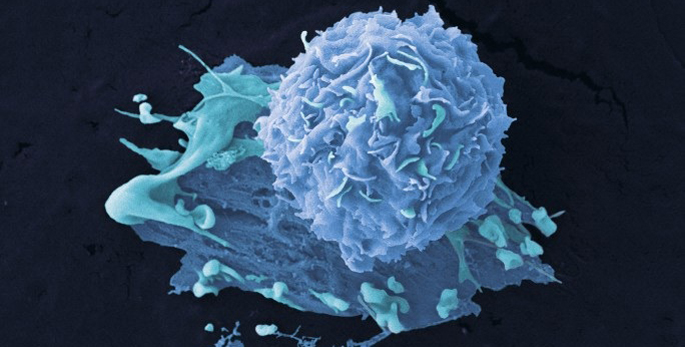
Grant spurs research into how cancer cells spread
Aron Parekh, Ph.D., assistant professor of Otolaryngology, has received a four-year, $790,000 Research Scholar Grant from the American Cancer Society to further his research into the mechanical and biological properties of cancer cells and the methods by which they leave the initial tumor and spread or metastasize to other parts of the body. Read MoreMar 3, 2016
-

Grant bolsters rheumatoid arthritis research
C. Michael Stein, MBChB., and his colleagues at Vanderbilt University Medical Center have received a five-year, $1.35 million award from the Arthritis Foundation to develop new biomarkers for rheumatoid arthritis that also may revolutionize treatment. Read MoreFeb 25, 2016
-

Chemo better option following pancreatic cancer surgery: study
A multicenter study led by Vanderbilt University Medical Center (VUMC) investigators found that pancreatic cancer patients who underwent surgery and received chemotherapy lived longer and had fewer cancer recurrences in other parts of the body than patients who also received chemoradiation therapy. Read MoreFeb 25, 2016
-

Liver balancing act
Vanderbilt researchers have defined a mechanism that limits liver cell proliferation after injury in order to preserve critical metabolic functions. Read MoreFeb 24, 2016
-
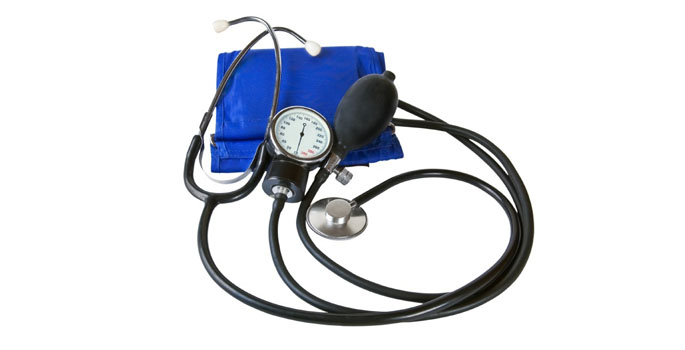
Hypertension hiatus
New findings offer a potential strategy for preventing heritable pulmonary arterial hypertension. Read MoreFeb 23, 2016
-

Face recognition and social anxiety
An inability to recognize faces may be an important mechanism underlying social inhibition and may contribute to, or maintain, social anxiety. Read MoreFeb 19, 2016
-

Combining treatments for melanoma
Combining therapies for melanoma that induce cell senescence and that activate the immune response may improve outcomes for patients. Read MoreFeb 18, 2016
-
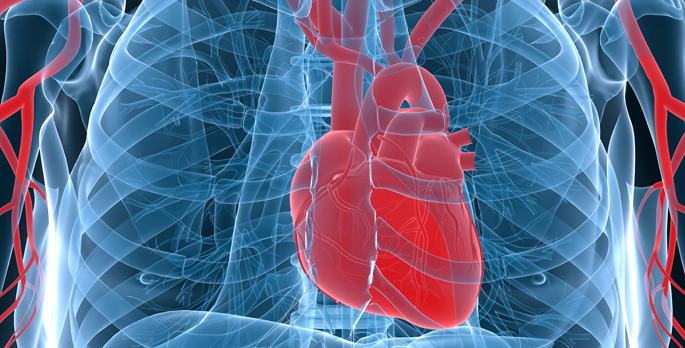
Study leads to new heart transplant decision support tool
Because donor organs are scarce, understanding the mortality risk associated with heart transplantation is an important consideration when evaluating patients for transplant. Read MoreFeb 18, 2016
-

Slight chemical change may improve TB treatments: study
One small chemical change to an existing antibacterial drug results in a compound that is more effective against its target enzyme in tuberculosis, Vanderbilt researchers have discovered. Read MoreFeb 11, 2016
-
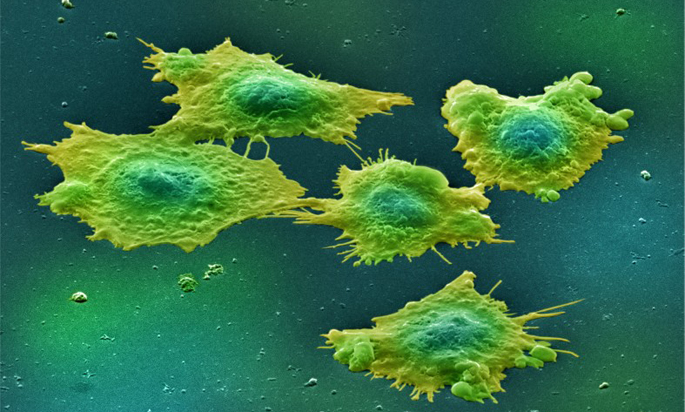
Study identifies potential colon cancer biomarker
A protein that suppresses a key cancer pathway in the colon may be a potential biomarker for colitis-associated tumors, researchers at Vanderbilt University Medical Center reported last month in the journal Gut. Read MoreFeb 11, 2016
-
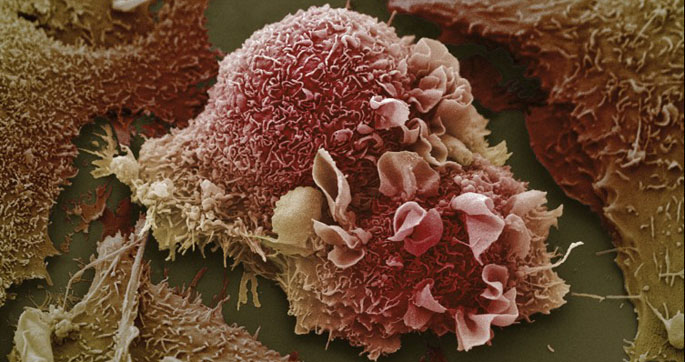
Overcoming lung cancer drug resistance
Vanderbilt investigators have discovered a way to overcome the resistance of some lung cancers to certain targeted therapies, which could lead to more effective treatments for lung cancer patients. Read MoreFeb 10, 2016
-

Therapies to prevent preterm birth
Vanderbilt researchers have developed a high-throughput assay that will aid in identifying new compounds to treat preterm labor or postpartum bleeding. Read MoreFeb 9, 2016
-

Building intestinal brush borders
Studies of the molecular complex that helps build specialized cellular surfaces could shed light on the mechanisms underlying a genetic deaf-blindness syndrome accompanied by intestinal disease. Read MoreFeb 8, 2016
-
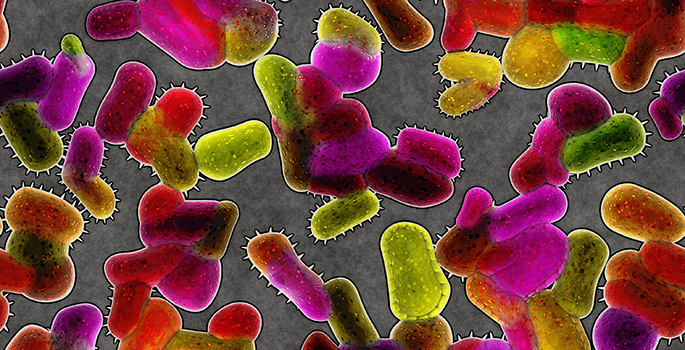
Dynamics of a drug resistance transporter
Vanderbilt investigators are exploring the shape changes in a multidrug transporter to understand the mechanisms of antibacterial resistance. Read MoreFeb 5, 2016
-

Prostate cancer survivors’ risk of heart disease studied
The 3 million prostate cancer survivors in the United States are likely to die from something other than cancer, thanks to early detection, effective treatment and the disease’s slow progression. Read MoreFeb 4, 2016
-

Grant spurs research into trauma-induced vision loss
Tonia Rex, Ph.D., and colleagues at the Vanderbilt Eye Institute are working to uncover how best to treat ocular trauma, the fourth leading cause of blindness worldwide. Read MoreFeb 4, 2016
-

VUMC study may offer answers for treating depression in alcoholics
A study by researchers at Vanderbilt University Medical Center is offering a glimmer of hope to alcoholics who find it hard to remain sober because their abstinence is hounded by stubborn, difficult-to-treat depression. Read MoreFeb 1, 2016
-

Findings offer new insight on how cell division proteins work
A family of proteins with critical roles in cell division, synaptic transmission and cell migration don’t all function the way scientists thought they did, according to two new studies led by Vanderbilt researchers. Read MoreJan 28, 2016
-

Award recognizes Niswender’s research achievements
Kevin Niswender, M.D., Ph.D., a physician-scientist at Vanderbilt University Medical Center whose work has helped advance understanding of diseases ranging from obesity to schizophrenia, is one of 10 recipients of the 2016 Harrington Scholar-Innovator Awards. Read MoreJan 28, 2016